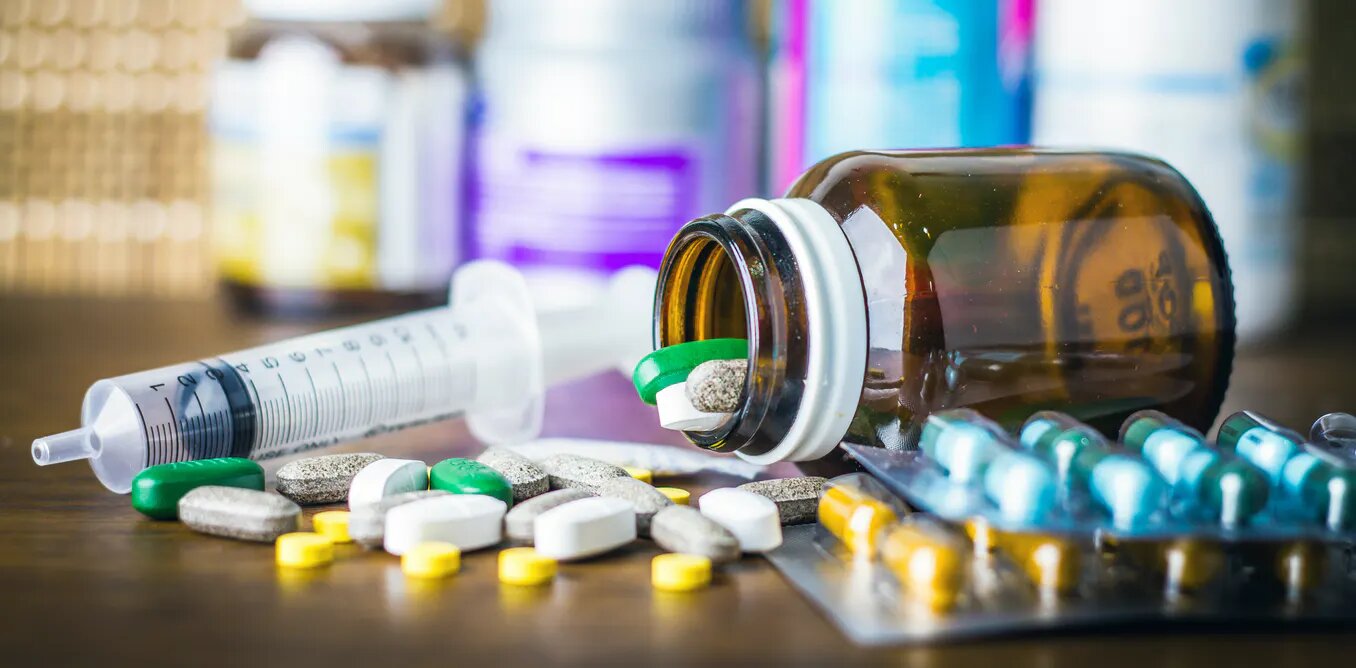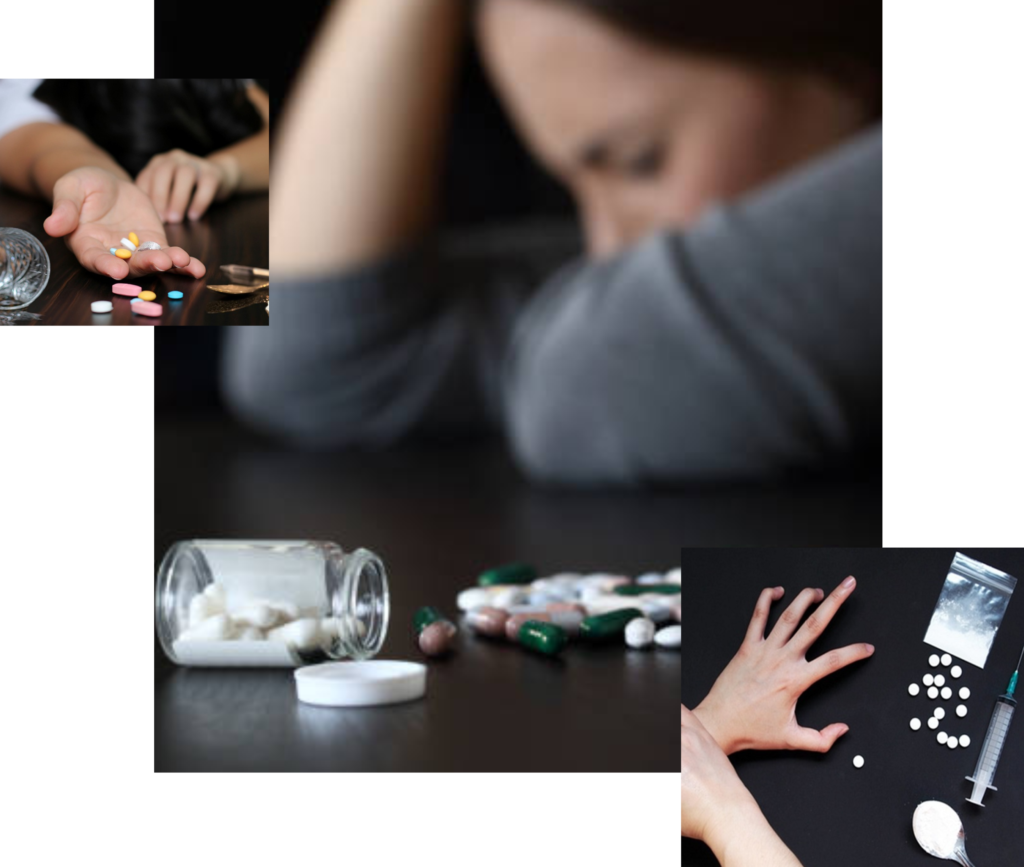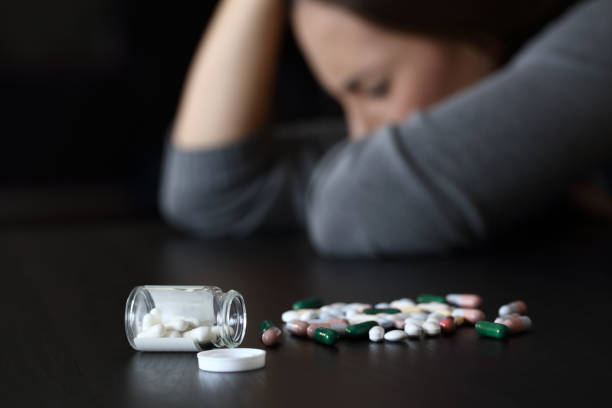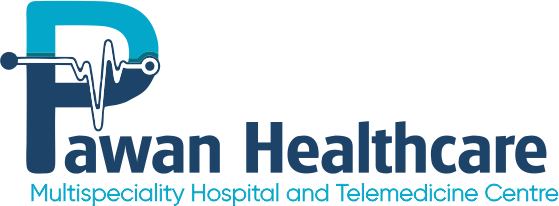Pawan Healthcare
What Does Rehab Entail?
Drug Rehabilitation, or drug rehab, can be used to help a person recover from addictions, injuries, and even physical or mental illnesses. However, drug rehab programs are often what come to mind when thinking of the word “rehab” itself. People addicted to drugs often need the additional care and assistance that drug rehab provides.


The Facts about Drug Rehab
What Is Drug Rehab?
Patients are free to leave anytime.
One reason for this is that drug rehab can only be truly effective when the patient has a desire to be there and to change his or her addictive habits.
- Rehab and Detox
Before entering a rehab facility, patients may have to undergo detox treatment. Detox is the process in which a patient rids his or her body of the addictive substance.
Drug Rehab Treatment Facilities
Drug rehab treatment facilities help patients make positive changes in their lives by rectifying maladaptive behaviors. Patients learn healthy coping skills, impulse control, emotional regulation skills, and drug-refusal strategies that can help them avoid relapse in the long run.
Drug rehab facilities help people to recover from substance use disorders. There are many different types of drug rehab facilities. Some specialize in helping patients with a specific drug addiction; others offer a broader range of drug addiction services. Some rehab facilities are even gender- or age-specific, as this often helps patients feel more comfortable in the rehab setting. Inpatient and outpatient rehab facilities are also available.
Some people hold the misconceptions that patients in drug rehab treatment are forced to stay. However, this is untrue. Patients in rehab centers are free to leave anytime they choose to. One reason for this is that drug rehab can only be truly effective when the patient has a desire to be there and to change his or her addictive habits. That being said, in instances where individuals are compelled to go to rehab—such as via a court order—the rehab process can still be effective, even if they were initially reluctant to go.
Pawan Healthcare
Range of Drug Rehab
Drug rehab centers range from very basic facilities to luxury treatment centers. The type of center a patient attends depends upon his or her budget and level of insurance coverage. While luxury centers offer more amenities than basic facilities, they are not always the best treatment centers. Patients should investigate a rehab facility before making a final decision.
Before entering a rehab facility, patients may have to undergo detox treatment. Detox is the process in which a patient rids his or her body of the addictive substance. From start to finish, this process varies in length, but often takes about a week. As part of a medical detox program, recovering patients will be monitored by doctors and nurses and given medications to manage withdrawal, when appropriate. Once a patient completes detox, he or she is ready for rehab.

Pawan Healthcare
What is it Like?
Before commencing with treatment, you will undergo an intake evaluation from an addiction counselor or mental health professional. This assessment will take into account self-reports of substance abuse, medical records, urine screening, blood testing, and more. The person will gather as much information as possible regarding:1
- Patterns of drug or alcohol abuse.
- Medical history.
- Mental status.
- Physical problems or conditions.
- Vital signs, such as blood pressure.
- Past detox or rehab experiences.
- Living conditions, financial situation, and legal status.
- Violence or suicide risk.
- Cognitive, sensory, or physical disabilities.
- Individual therapy, such as cognitive-behavioral therapy(CBT) or contingency management.
- Group counseling.
- Peer support meetings, such as Alcoholics Anonymous (AA) or Narcotics Anonymous (NA).
- Family therapy sessions.
- Additional services or activities, such as yoga, exercise and nutritional counseling, meditation and mindfulness, acupuncture, or spa treatment.
- Medication management, if applicable.
- Relapse prevention education.
- Aftercare planning.
The person conducting the evaluation will use this information to help create an individualized treatment plan tailored to suit your needs. This treatment plan may involve.
Individual therapy will help you learn to recognize triggers and cope with them. The therapists may also help you to improve your emotional regulation skills in order to better avoid relapse. Group counseling provides you with the opportunity to practice sober social skills, as well as the coping strategies you learned in individual counseling. Family therapy sessions can help to repair broken relationships, improve communication skills, and build conflict resolution skills.
Medication, such as methadone or Suboxone, may be used in combination with behavioral therapy to help opioid-addicted individuals remain abstinent. Once your rehab program nears an end, your treatment team will create an aftercare or relapse prevention plan for you consisting of ongoing support. Ongoing support may include individual therapy, group counseling, self-help group meetings (e.g., 12-step, SMART Recovery), alumni programs, or sober living homes.
Great words about cura
Why Do People Love Us?











